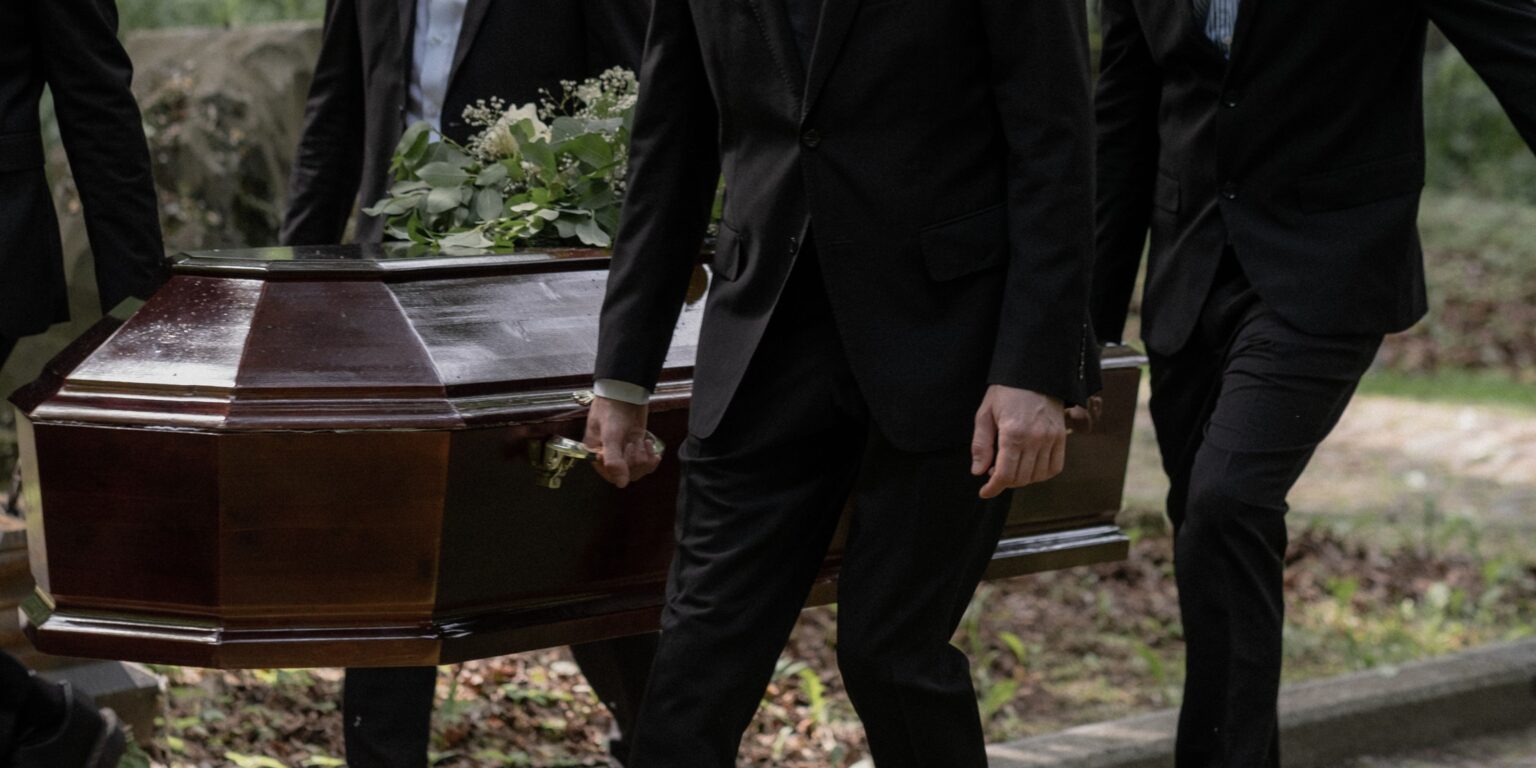Where the old often makes way for the new, there is an enduring need to hold onto the cultural and traditional values that define us, in a rapidly evolving world. One such sphere where this struggle for preservation and adaptation takes place is in the realm of funeral practices. In this article, we will explore the significance of cultural and traditional funeral rituals in our modern society and how they continue to weave a tapestry of meaning into the fabric of our lives.
The Essence of Cultural and Traditional Funeral Practices
Funerals have long held a sacred place in our societies. They are not merely farewells to the departed but a profound reflection of our shared beliefs, values, and history. Cultural and traditional funeral practices are the vessels through which we express our deepest emotions and celebrate the life that once was.
A Bridge Between Generations
One of the most striking aspects of cultural and traditional funeral practices is their ability to bridge the gap between generations. These rituals serve as a conduit through which the wisdom and stories of our ancestors are passed down. Whether it’s the lighting of a memorial candle, the offering of food, or the recitation of ancient hymns, these customs connect us to the past, making our heritage tangible and relevant.
The Comfort of Familiarity
In times of grief, the familiar can be a source of immense comfort. Traditional funeral practices offer a sense of structure and familiarity during the chaos of loss. They provide a roadmap for the grieving process, helping individuals navigate the complex emotions that accompany bereavement.
Cultural Richness in Diversity
Our world is a mosaic of cultures, each with its unique funeral customs. From the colorful Dia de los Muertos celebrations in Mexico to the serene Zen-inspired Buddhist funerals in Japan, these diverse practices remind us of the beauty and depth of human expression. Embracing and respecting these differences enriches our collective tapestry.
Challenges in Modern Society
While cultural and traditional funeral practices hold immense value, they can face challenges in our fast-paced, modern world. Here are a few of the obstacles they encounter:
- Time Constraints: In our busy lives, carving out the time for elaborate funeral ceremonies can be difficult, leading some to opt for quicker, less traditional services.
- Secularization: As society becomes more secular, some individuals may choose to forgo religious or traditional rituals in favor of personalized, secular celebrations of life.
- Globalization: The global nature of modern society can lead to cultural blending, potentially diluting traditional practices as they merge with others.
The Evolution of Tradition
The challenges mentioned above don’t mean the end of cultural and traditional funeral practices. Instead, they highlight the need for adaptation. Many cultures are finding ways to honor their heritage while accommodating modern realities:
- Flexible Timelines: Some families are organizing multi-day celebrations, allowing for flexibility within traditional customs.
- Personalization: Modern technology and access to diverse resources enable individuals to personalize funeral rituals, blending tradition with contemporary touches.
- Cultural Awareness: Education and cultural awareness programs help ensure that traditional practices remain respected and relevant in a changing society.
The Power of Inclusivity
In our interconnected world, where cultures intersect and blend, embracing cultural and traditional funeral practices can foster inclusivity. It allows individuals from different backgrounds to come together, learn from one another, and find common ground in the universal experience of grief and loss.
Cultural and traditional funeral practices are not relics of the past; they are living traditions that continue to shape our lives. In a modern society often characterized by change and transience, these rituals serve as anchors to our roots, bridges to our ancestors, and threads connecting us to our heritage.
As we navigate the complexities of a rapidly changing world, let us not forget the wisdom and beauty that cultural and traditional funeral practices bring to our lives. Whether we choose to embrace them, adapt them, or simply appreciate their significance in the lives of others, these practices remind us of the depth and richness of the human experience. They teach us that, in honoring the past, we can find meaning and solace in the present, and that in preserving our heritage, we ensure a legacy for generations yet to come.

